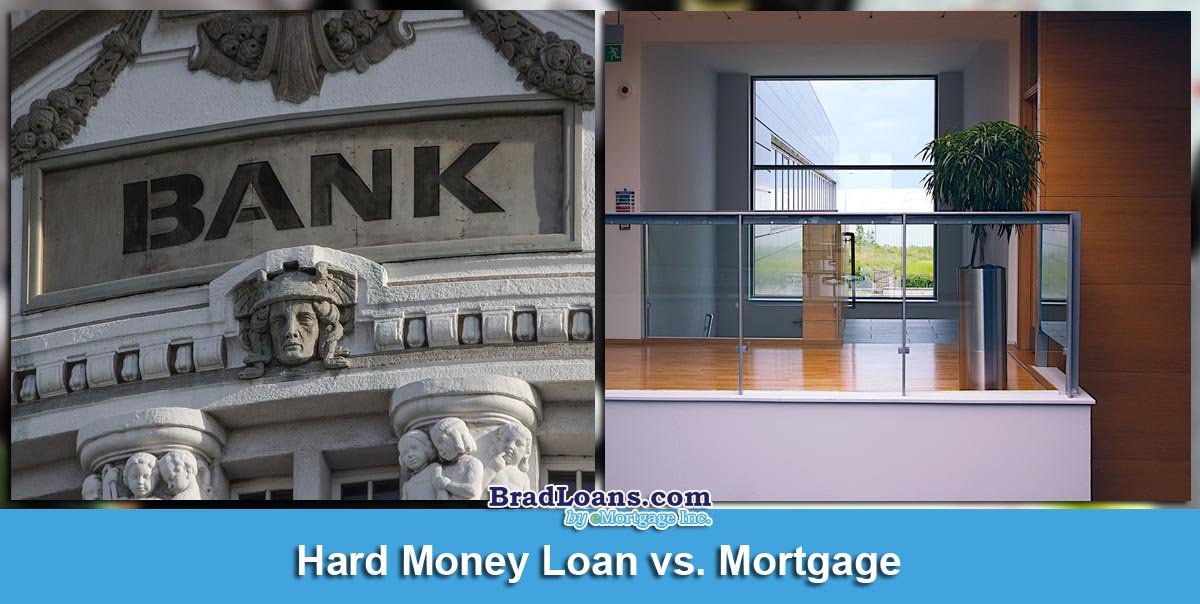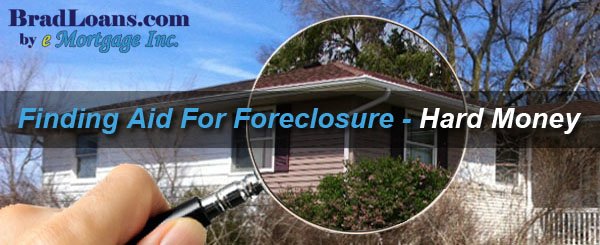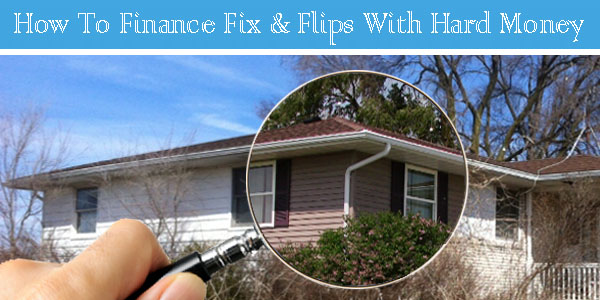
To get money to flip a house the best way is a hard money loan. Hard money loans are the faster way to get funding, even with bad credit.
Once overcoming the struggling that was there in the beginning when it came to finding the financing needed, it only took a short period of time to be able to come up with a terrific routine that truly helps out with financing the fix and flips.
However, realizing there are many others out there who are still struggling to find the money they need in order to be able to finance fix and flips, it was decided that the best thing to do to help them would be to create this, the best way (which by the way works wonders) to make use of private money, and portfolio loans to help with financing those flips.
There is one more way however, and that is to make use of hard money as well, to be discussed later in this article.
This routine has helped in turning anywhere from 10 to 15 fix and flips a year, and then using a little of that to reinvest in rental properties, which are the long term profits. Yes, financing in fix and flips is a good way to earn a living, but it’s preferable to take advantage of the long term profits.
This is because they will continue to bring in profits, building up the nest egg. Just keep in mind that there are several different ways to get the finances needed to fix and flip, but the thing about them is that most of those ways are going to be way to expensive, they were expensive before this routine was started, and they still are.
You are probably asking about now, how do I locate these fix and flips?
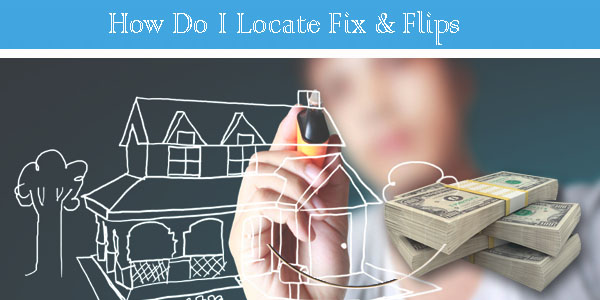
The hardest part of accomplishing fix and flips is being able to locate the properties. Once the properties are found, all that is needed is to work at getting them for as little as possible. Remember, they have to be cheap enough that they are going to be worth flipping.
What is the reason long term financing isn’t used on fix and flips?
Long term financing is swell for long term rental properties, but not if there is more than 4 mortgages involved. It’s fairly easy to get a loan from a bank for long term financing because this is how banks make money, now if it is going to be for short term the bank isn’t going to make enough off of it to be worth their time.
Since fix and flips have usually sold in under a year’s time, banks consider this short term, they don’t like it when someone pays off a long term loan quicker than expected either. There is short term financing available, however it is hard to find and very expensive.
What does short term financing offer when it comes to fix and flips?
This is where the discussion about hard earned money comes into play. Short term financing is where hard money, portfolio money, and private money can be used. Since short term loans are paid off a lot quicker, there is a shorter time period for the lender to make money off the interest. It is also much more costly and riskier. However, it isn’t too hard to get a short term loan, and this is why it is helpful.
How to use hard money to finance fix and flips:
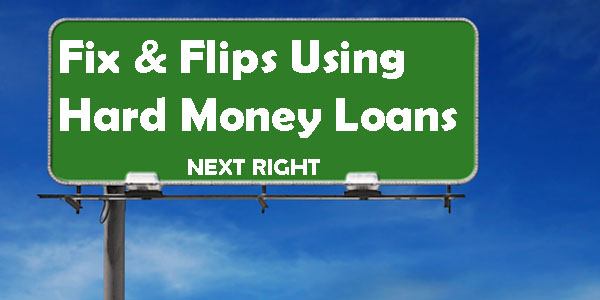
Those who loan out Hard Money provide short term loans that are expected to be paid back in less than one year, usually. There terms can be flexible, but in return they are very costly. Lenders for Hard Money normally charges 12 to 18% interest, and on top of that they also charge 2 to 5 points on the loan.
Whereas, one point would be 1% of the loan amount, that is charged on the loan amount, and then added to the interest, and the loan itself.
How much money do you have to put down for a Hard Money Loan?
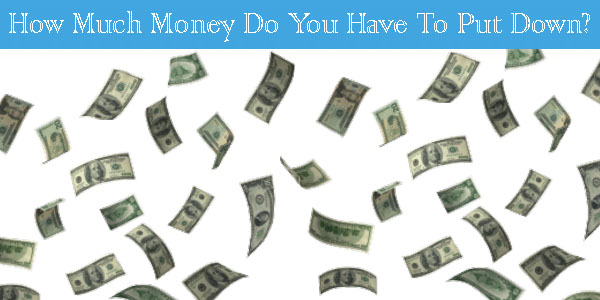
Using a Hard Money Loan to purchase property means there doesn’t have to be much money put down. The loan is based off of what the value of the property will be after it is fixed and gets flipped.
For instance, if a house was purchased for $75,000 and it is actually worth $150,000 once repaired, then the repaired value of $150,000 is the amount the lender would base the Hard Money Loan on. Meaning it is possible to get a loan for the purchase price plus some additional to take care of the repairs.
A Hard Money Loan financed at 65% of the after repair value (ARV) on a house, would look like this:
- Cost to purchase $75,000.
- After repair value (ARV) $150,000.
- Will need $30,000 in repairs.
- Amount of loan at 65% of the after repair value (ARV) = $97,500.
- Which means that the total cost of purchasing the house, plus $22,500 of the cost of repairs was financed.
The additional costs include the charge for 4 points of $3,900 plus, the charge for the 14% interest of $6,825 over a six month period.
Depending on the lender they may have additional fees such as for appraisals, and most of the Hard Money Lenders do not lend nationwide.
How to use Private Money for financing fix and flips:

Private Money is money that comes from friends and/or family members, it can be a loan, gifts, and even investments on their behalf. These Private loans can be used to finance a small portion of the fix and flips cost, such as towards the down payment, or on the cost of repairs.
Will getting loans for fix and flips affect being able to purchase properties?
Cash offers are more appealing to a seller and there are no conditions on the loans, and no appraisal contingencies in the offers and that makes it possible to offer cash. However, one can get a lot more property with loans.
Fix and flips using refinancing and/or a credit line:
Of course there is always the option of using any equity one has in real estate they already own for the cash needed to fix and flip, this is referred to as refinancing.
It is possible to borrow up to 95% of the property’s value from certain banks. These will usually be in the form of a credit line (cheaper), or refinancing (more expensive), but comes with a variable rate that is higher.
Fix and flips can be done as a partnership:
Fix and flipping can also be done between two partners. This can help out in the beginning on the financial part. The partner provides the capital for a profit of the flip.
To Sum things up:
The thing most find difficult in the beginning is finding a way to finance the fix and flips. If using a Hard Money Lender be sure to calculate all the costs a head of time, this type of lender may end up doubling or even tripling your cost of financing. The best lenders will be a Portfolio or a Private Money lender.
